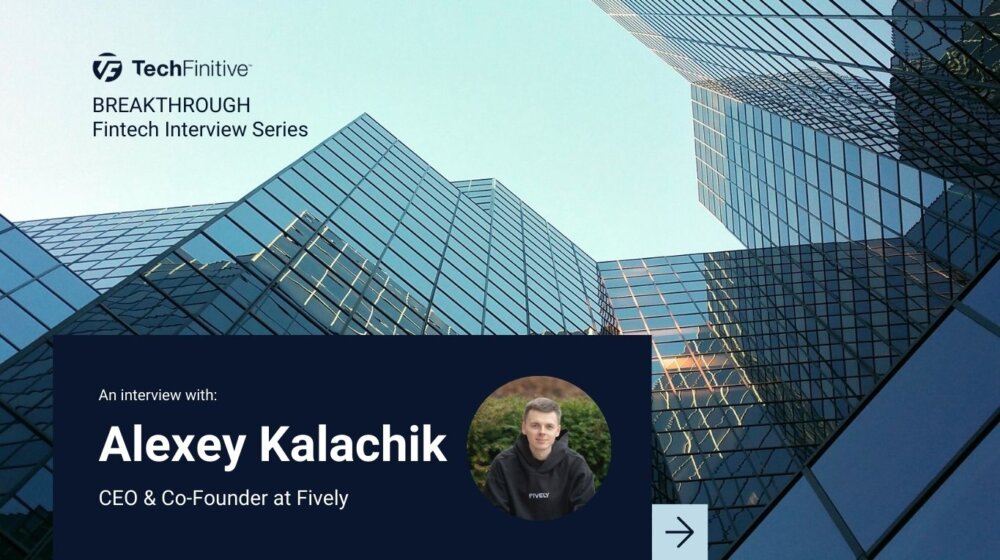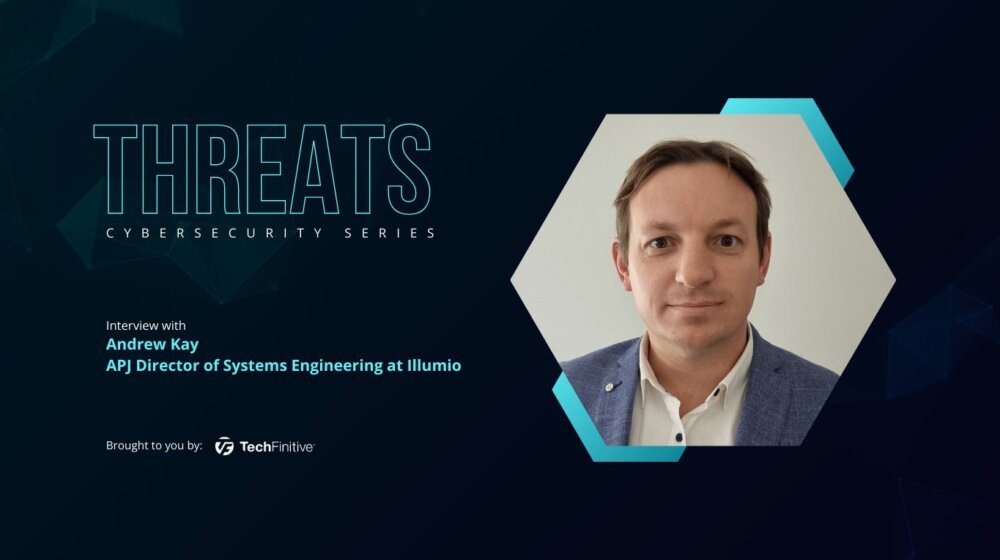
Kim Nortman CEO of Astral: “If you think something is not quite right, pull the thread”
Sell your expertise, not your time. That’s the philosophy powering Astral, the company Kim Nortman co-founded and now runs as CEO. With the help of AI, it can turn an expert’s knowledge into what Kim describes as a “learning co-pilot”. Here, we not only find out more about the concept, but also what propelled Kim to create it.
Kim Nortman describes her career as being “at the intersection of technology and creativity”. She was previously the CEO at Tellie, a site builder for creators that empowered musicians, artists, video creators and more to express themselves while earning a living.
Prior to this, she led strategic partnerships across Whalerock Industry’s creator businesses. If you aren’t familiar with Whalerock, you will recognise its brands: Adam Savage’s Tested, Kardashian-Jenner apps and Tyler the Creator’s Golf Media.
So how did someone who began her career as an attorney in the LA office of Gibson, Dunn & Crutcher come to work in such a high-profile business? We’ll let Kim take the floor.
Related reading: AI copyright: should your business be worried?
What’s your elevator pitch?
Astral allows experts to sell your expertise, not your time. In one click, Astral imports your content library of articles, podcasts, books and courses, and transforms it into an AI-assisted co-pilot for your customers to explore your content in a whole new way. They can explore bite-sized summaries and highlights, get actionable answers fast from a powerful Q&A, and more. Expand your customer base and add a new revenue stream in minutes.
What made you launch a startup?
My co-founder Jack Bogdan and I launched Astral because we believe in the dignity of work — humans find purpose in work, and we want to give people the tools to make a living off of their knowledge and expertise. Everyone deserves to make money from the value they create, and yet the current knowledge economy only serves big tech and not the experts who generate the knowledge that improves our lives. We want to ensure humans remain at the centre of the most revolutionary tech innovation in decades.

What problem are you trying to solve?
We believe that expert information empowers us to fulfil our human potential, accomplish our goals and live abundant lives. Yet all valuable content is getting stolen, mined for information and indexed. And experts are increasingly getting cut out of participating in the value they create.
Moreover, it’s impossible for experts to make their expertise actionable for more customers without requiring more of them (such as charging for their time and answering a million questions). They are leaving money on the table because it takes too much time and effort to scale their expertise. Astral solves this problem for experts and their customers by selling access to an AI-assisted co-pilot that is accurate, personalised, trustworthy and makes their expertise actionable.
What advice would you give yourself if you could go back in time?
Trust your divergent thoughts. If you think something is not quite right, pull the thread. No matter whether people think you are asking a dumb question or feel like a problem is solved, trust your gut to dig deeper. Finding a way to build a business that is non-consensus but right is where the biggest opportunities lie!
How big a factor is location in the success of a startup?
I believe the key factor is location-agnostic — and it’s resilience. You can create the most air-tight strategy and execution plan, and then Covid hits or SVB [Silicon Valley Bank] fails, and things you could never have anticipated or controlled require you to climb new mountains you didn’t know existed. Showing up and adapting day after day, week after week, is such a critical component of being a successful entrepreneur. The more reps you have navigating things that seem impossible and tackling that next challenge, the more confidence you will gain that you can always find a path forward.
What advice do you have for aspiring entrepreneurs and anyone looking to launch their startup?
Just start. Embed yourself in the general problem space you want to launch a startup in. Find ways to validate the problem you intend to solve without incurring costs and building a product. Spend a lot of time talking to segments of potential users about their problems without pitching potential solutions.
Here’s what you should check out next
NEXT UP

Alexey Kalachik, CEO & Co-Founder at Fively: “The potential for digitalisation within insurance is enormous”
We interview serial entrepreneur Alexey Kalachik, CEO & Co-Founder at Fively, on the future of fintech and what makes this space so exciting for startups.

IBM bolsters AI push with Microsoft Copilot launch
In a bid to boost its AI offering, IBM Consulting will enable enterprises to create and manage AI copilots – including Copilot for Microsoft 365

Andrew Kay, Director of Systems Engineering APJ at Illumio: “The most worrying development with ransomware is that it has evolved from simply stealing data to impacting IT availability”
Andrew Kay, Director of Systems Engineering APJ at Illumio, has 20 years’ experience helping organisations strengthen their cyber resilience. We interview him as part of our Threats series on cybersecurity.